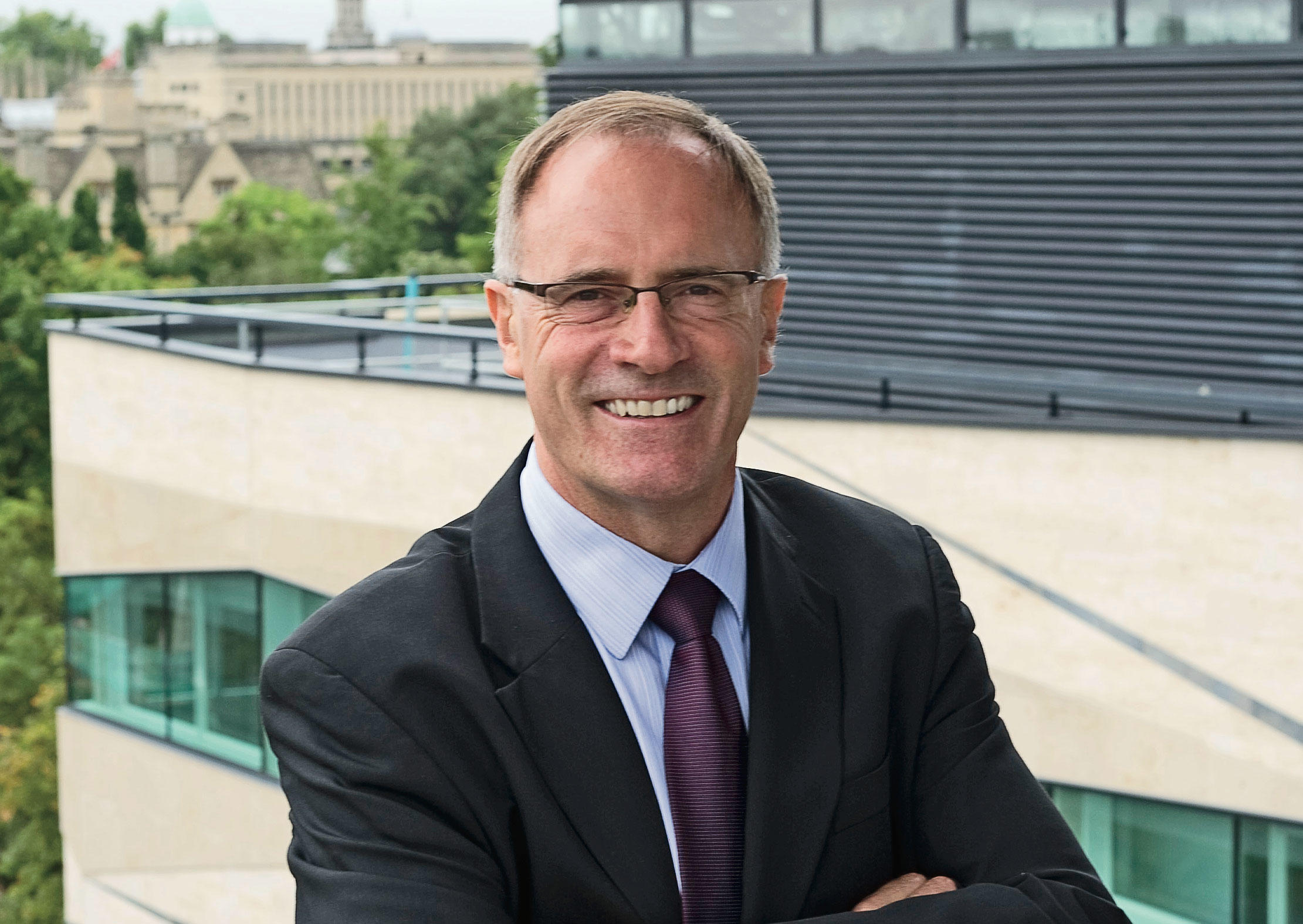Alexander N. Halliday, a British geochemist known for his pioneering research on the origins of our solar system, joined Columbia this spring as director of its Earth Institute.
The current vice president of the UK Royal Society, Halliday taught at Oxford University before coming to Columbia and oversaw Oxford’s science and engineering division from 2007 to 2015.
As the head of the Earth Institute, Halliday will lead one of the world’s largest networks of researchers devoted to addressing problems rooted in man’s relationship to the natural environment. It comprises thirty Columbia centers and more than five hundred full-time researchers in disciplines as diverse as earth science, climatology, global health, agriculture, urban planning, economics, law, and engineering.
In his own research, Halliday develops analytic techniques for determining the age and celestial origins of chemical elements found deep within the earth, in meteorites, and on the surfaces of other planets. His work has reshaped scientists’ understanding of how our solar system formed and evolved, as well as the natural processes that influence climate on earth. In recent years, it has helped climate scientists understand the effects of increased carbon emissions; Halliday says that his commitment to climate-change response is part of what drew him to the Earth Institute.
“It is a critical time for us to expand the conversation about climate change and sustainability — not only among researchers in many fields, but among everyone in our society,” says Halliday, who received one of the American Geophysical Union’s highest honors, the Harry H. Hess Medal, in 2016. “I could not be more enthusiastic about the opportunity to engage faculty, students, policymakers, and citizens in this work at Columbia.”



